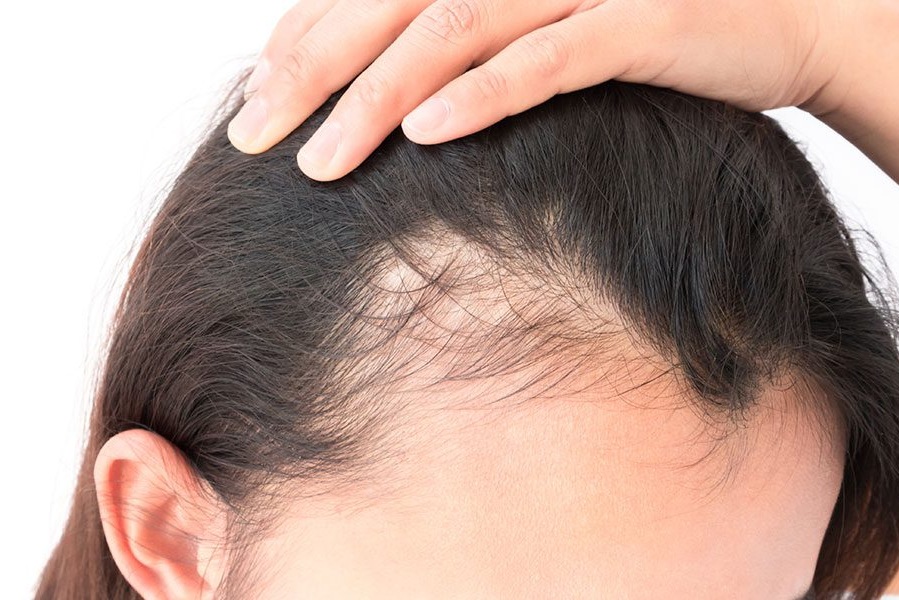Acne/Acne Rosacea
Acne is a very common skin condition that results from a combination of oil production and bacteria in a clogged pore. Rosacea is also a common skin condition of the central face that presents with redness and dilated blood vessels with or without pimples, pustules and nodules.
Actinic Keratosis/Precancer
Actinic Keratosis (referred to as AK below) is a fairly common precancerous growth found in many patients who have had repeated, prolonged unprotected sun exposure in their lives. It can present as a rough, slightly tender, scaly red patch that does not heal.
Eczema/Atopic Dermatitis
Atopic Dermatitis is a type of eczema that can be hereditary and often presents in childhood. Adults can develop Atopic Dermatitis in later years as well.
Full Body Exams/Cancer Screenings
Your full body exam will be a comprehensive visit during which we will check you from head to toe for any abnormal or atypical moles, look for any suspicious growths, treat any pre cancerous lesions, and screen for skin cancer.
Hair Loss/Alopecia
Alopecia is the medical term for hair loss. There are many types of alopecia or hair loss that can bring a patient in to see us but there are three most common.
Psoriasis
Psoriasis is an often hereditary chronic skin condition that can involve the entire body from the scalp down to the feet. Most commonly it is localized to the knees and elbows, with possible involvement of the scalp, back, palms and feet.
Treatment of Fungal Infections of the Skin, Hair, and Nails (Tinea/ Onychomycosis)
Superficial skin infections caused by a fungus also known as “ringworm” are called Tinea and are classified based on the part of the body they affect. A fungal infection of the body is called Tinea Corporis while a fungal infection of the scalp is called Tinea Capitis.
Warts
Warts are generally raised rough, dry, bumps , sometimes with pinpoint black dots, caused by the Human Papilloma Virus (HPV).
Some of the other medical skin conditions we see patients for include: Allergic Contact Dermatitis, Hand Dermatitis, Poison Ivy, Rhus Dermatitis or Molluscum Contagiosum. Give us a call if you have any further questions and we’ll be happy to assist you.








